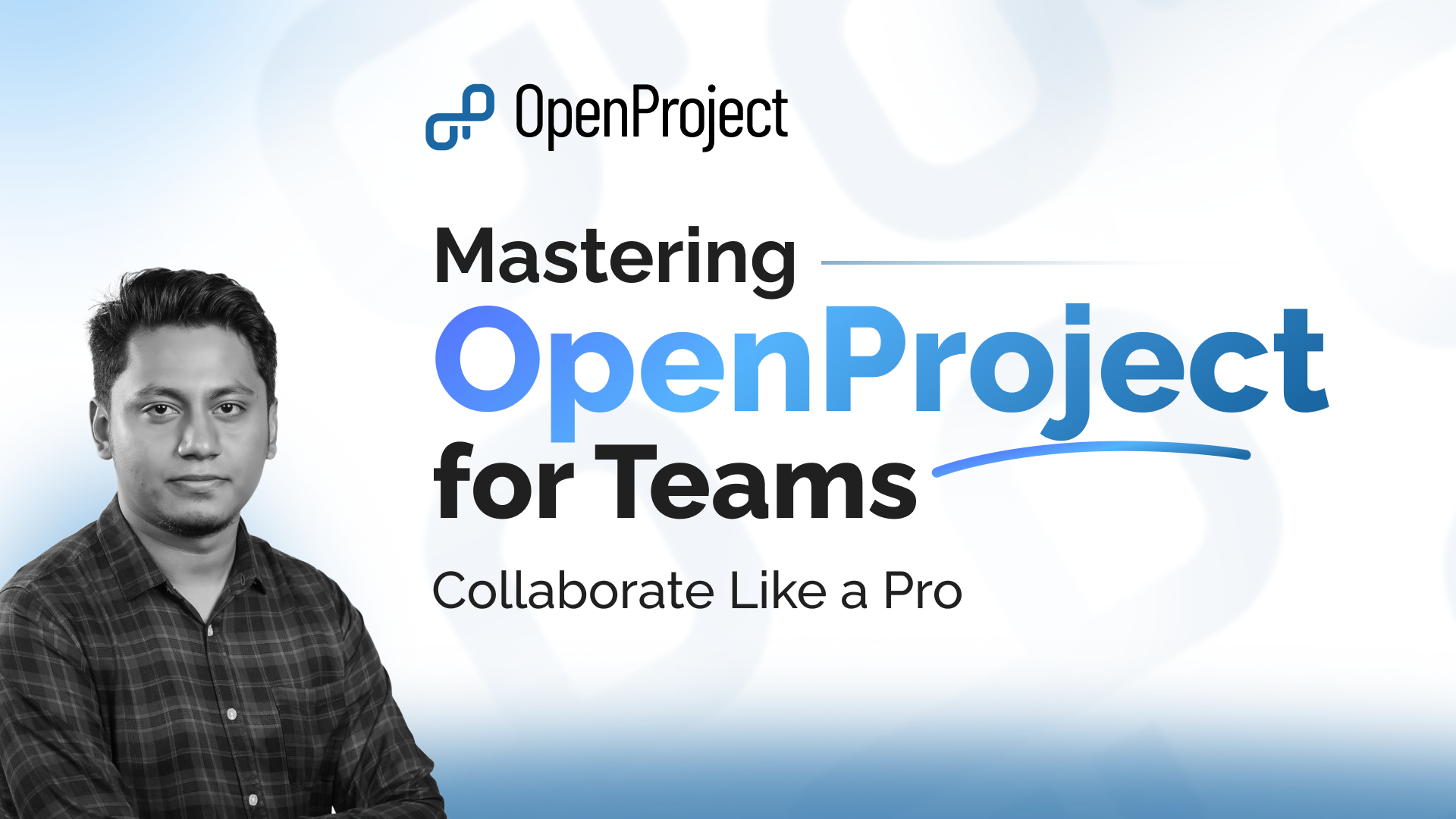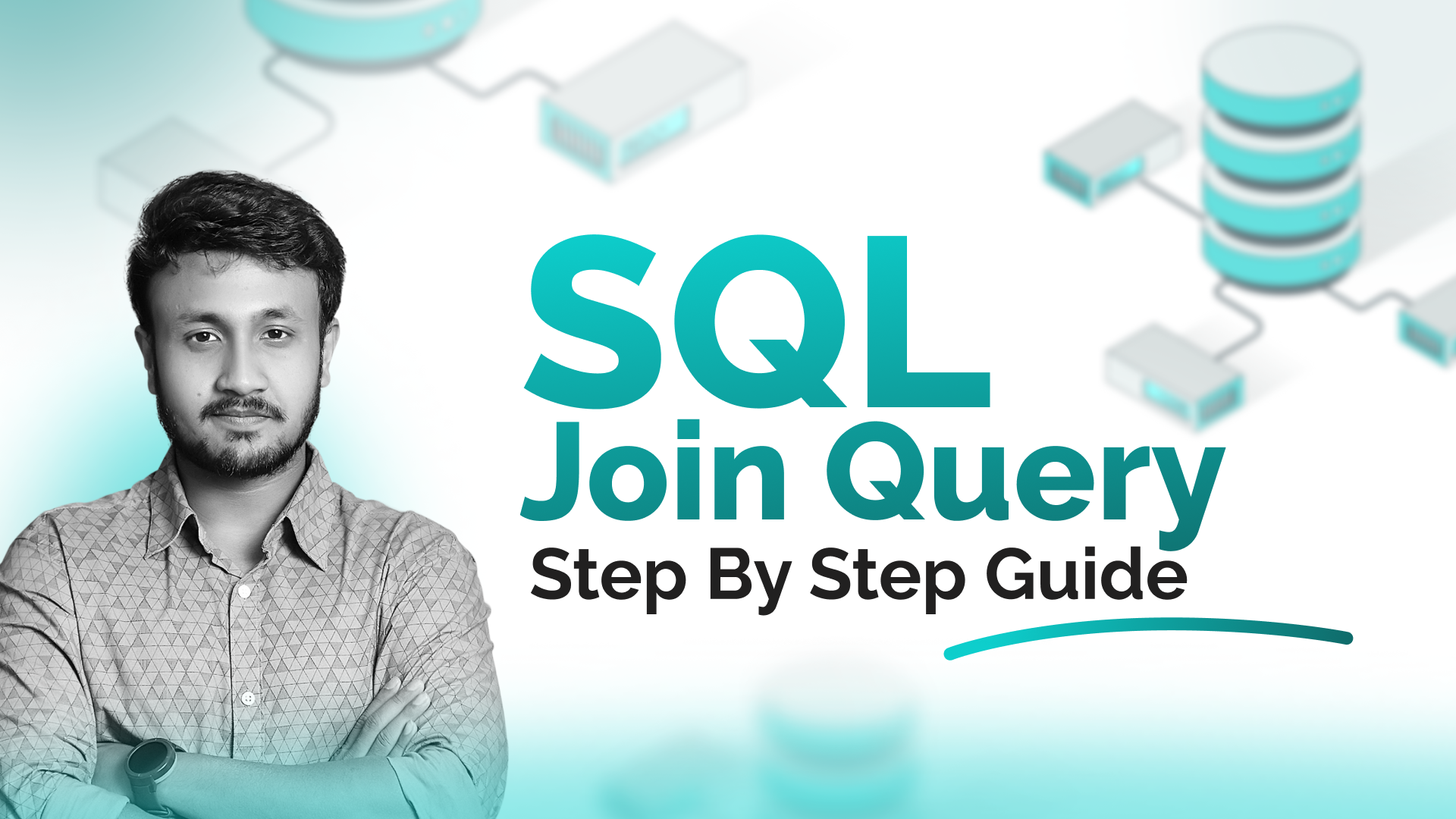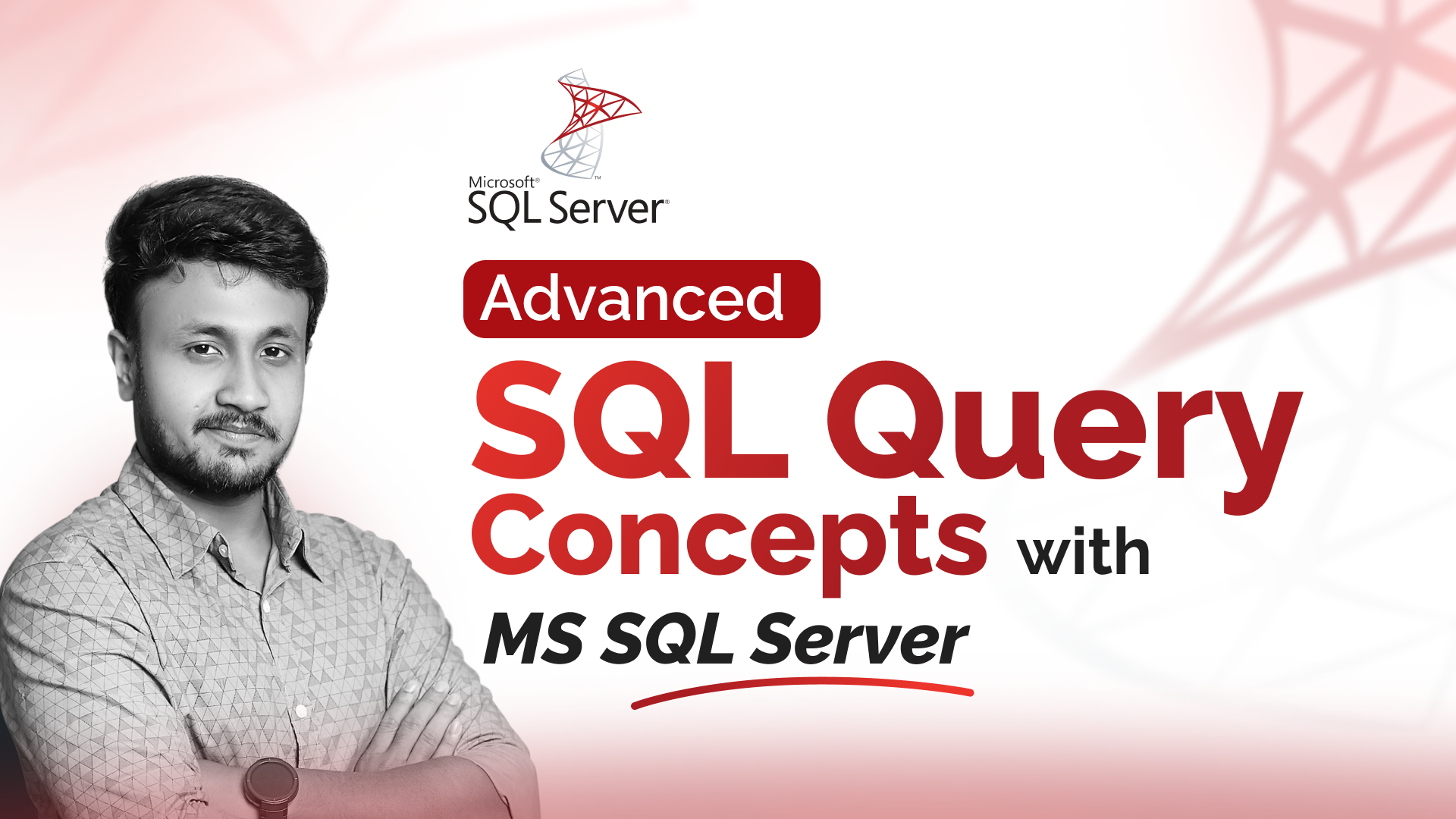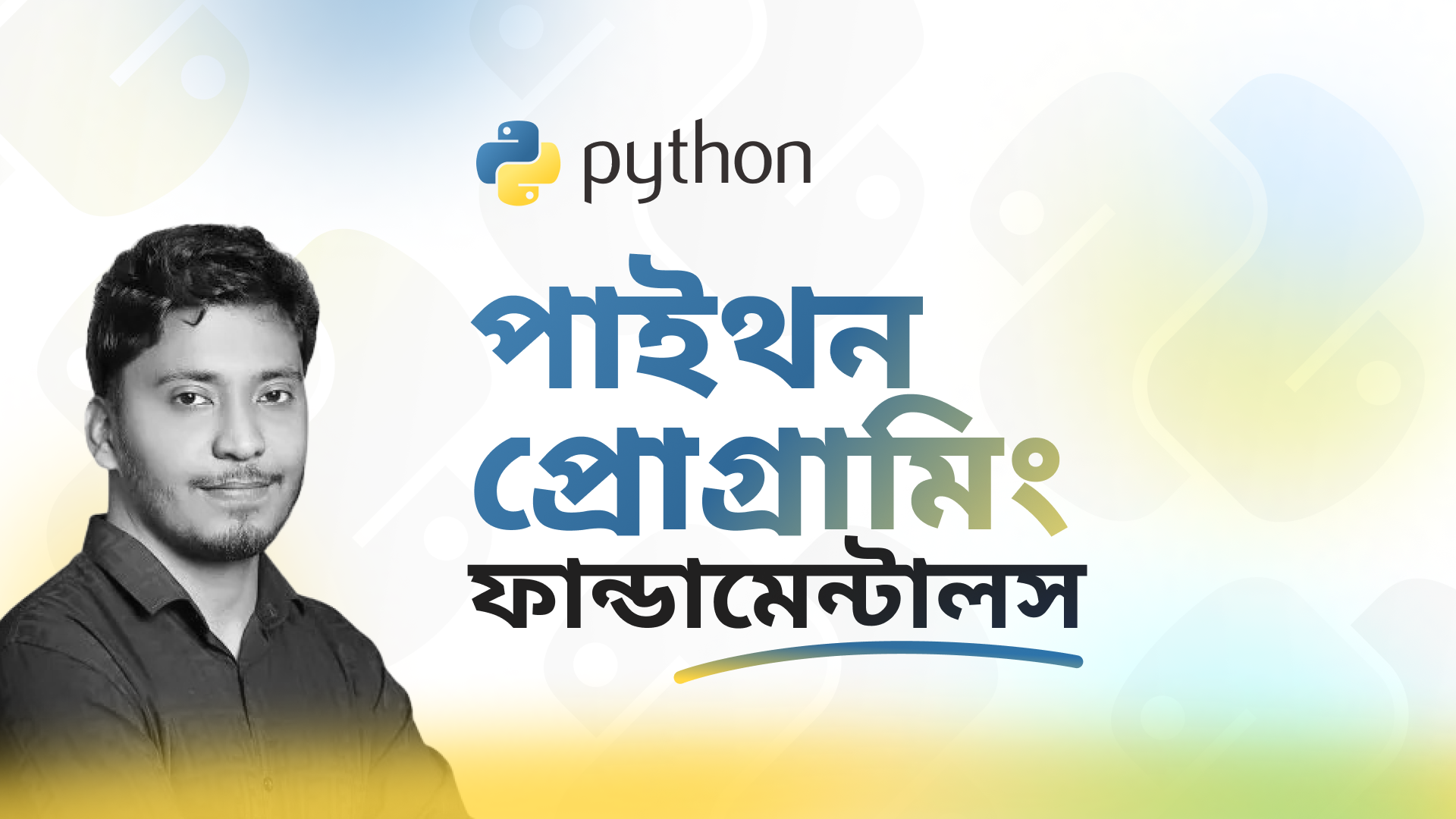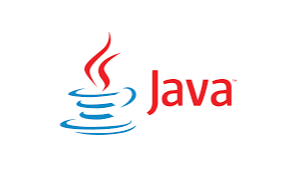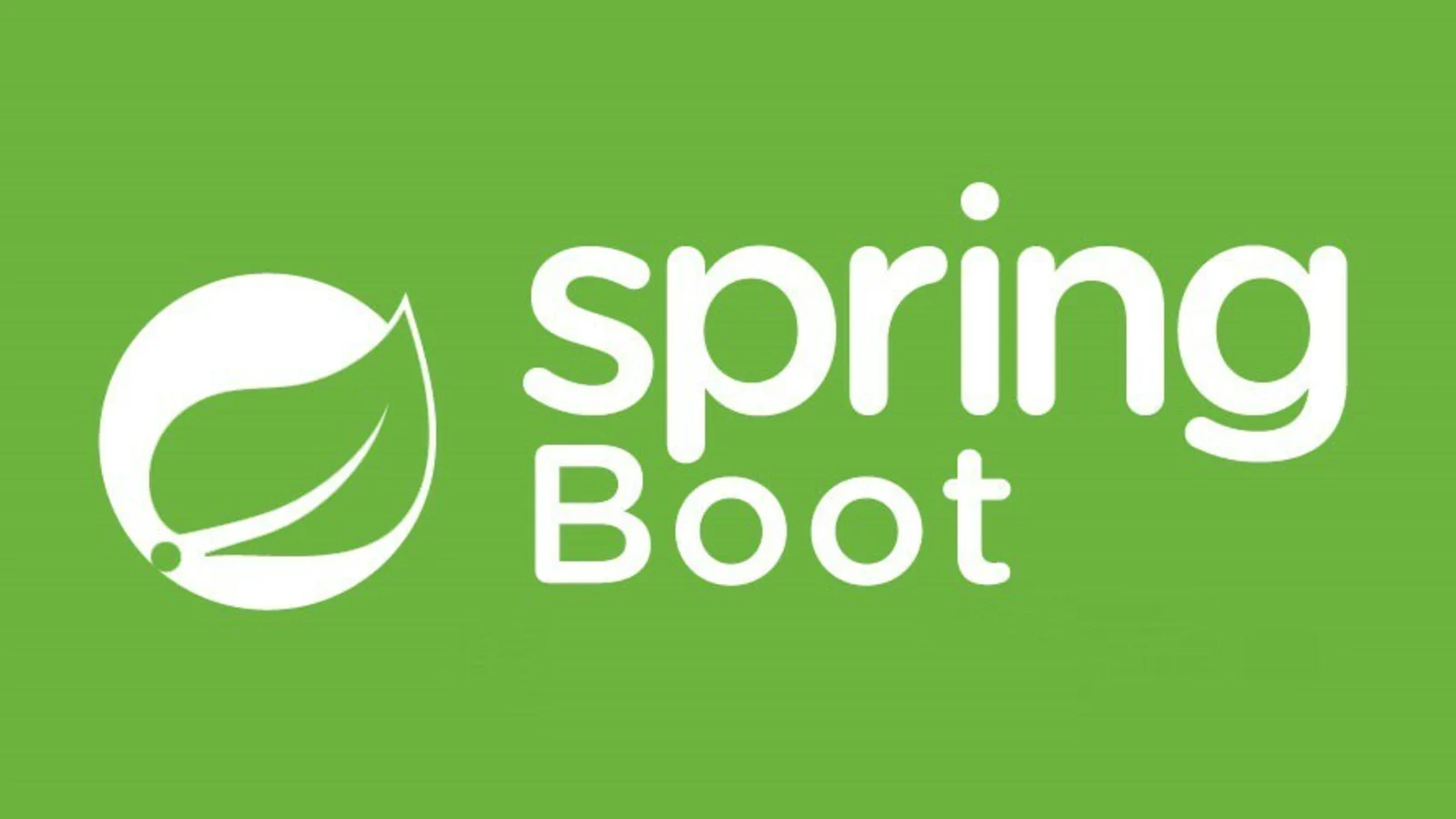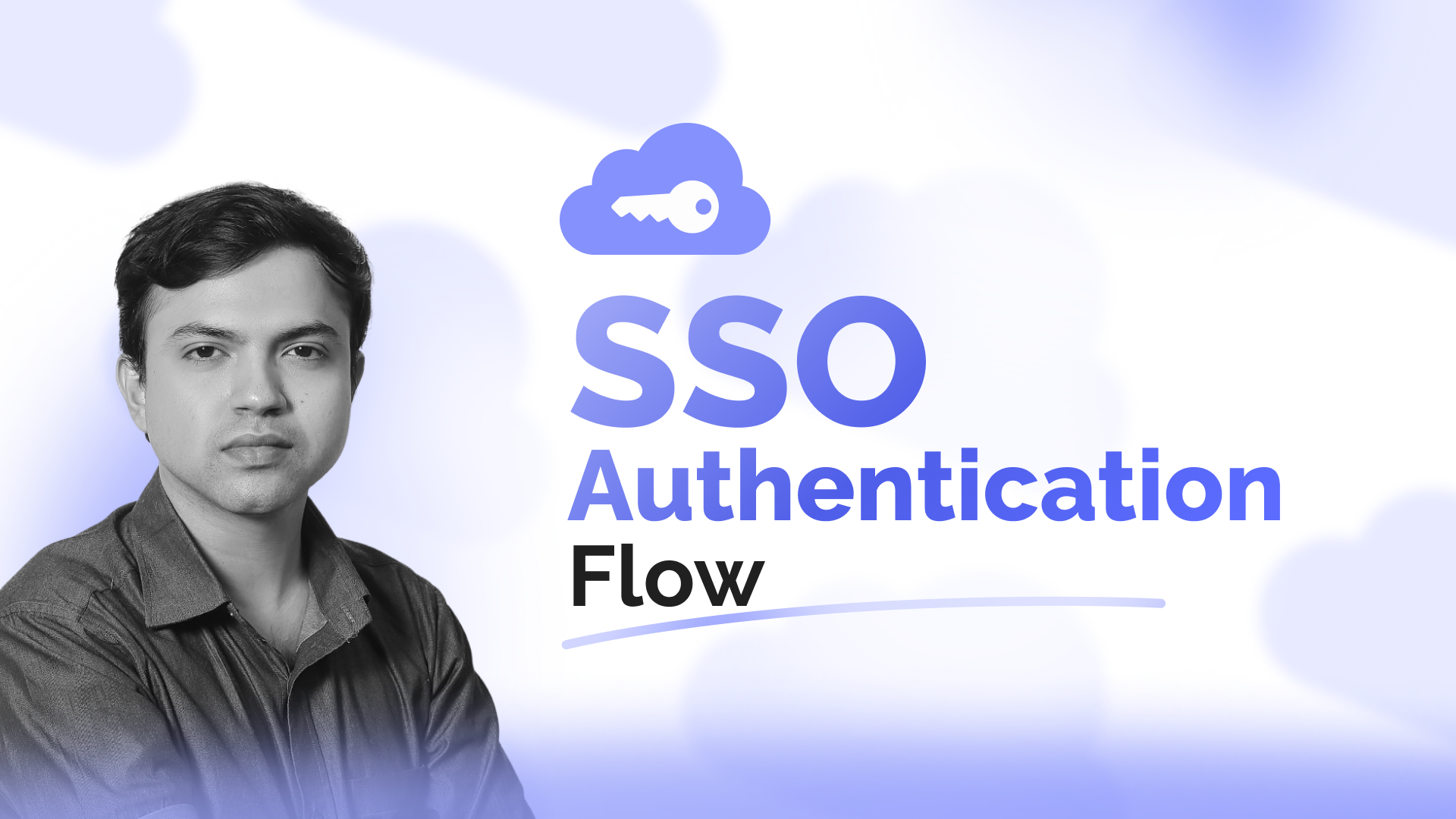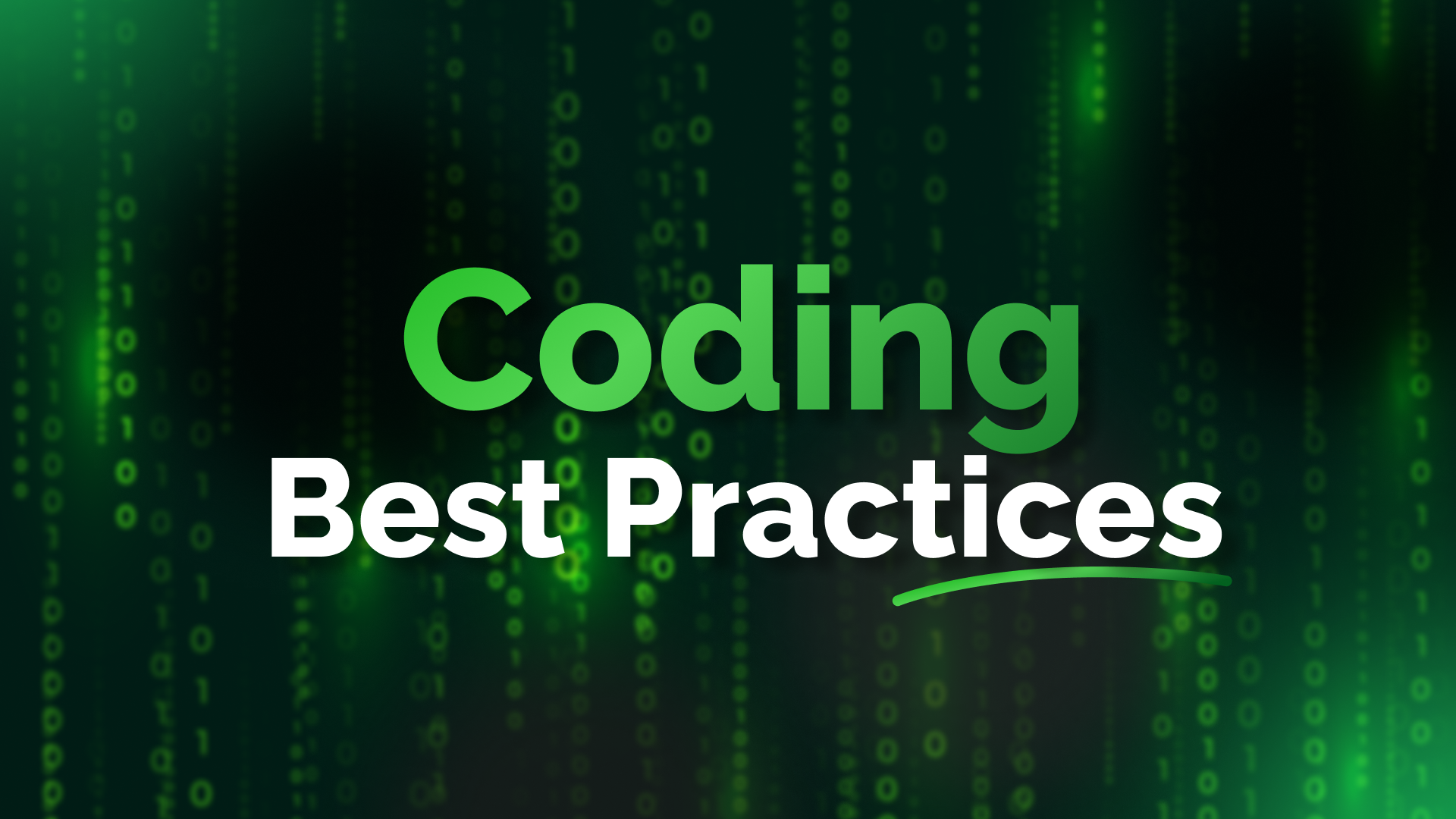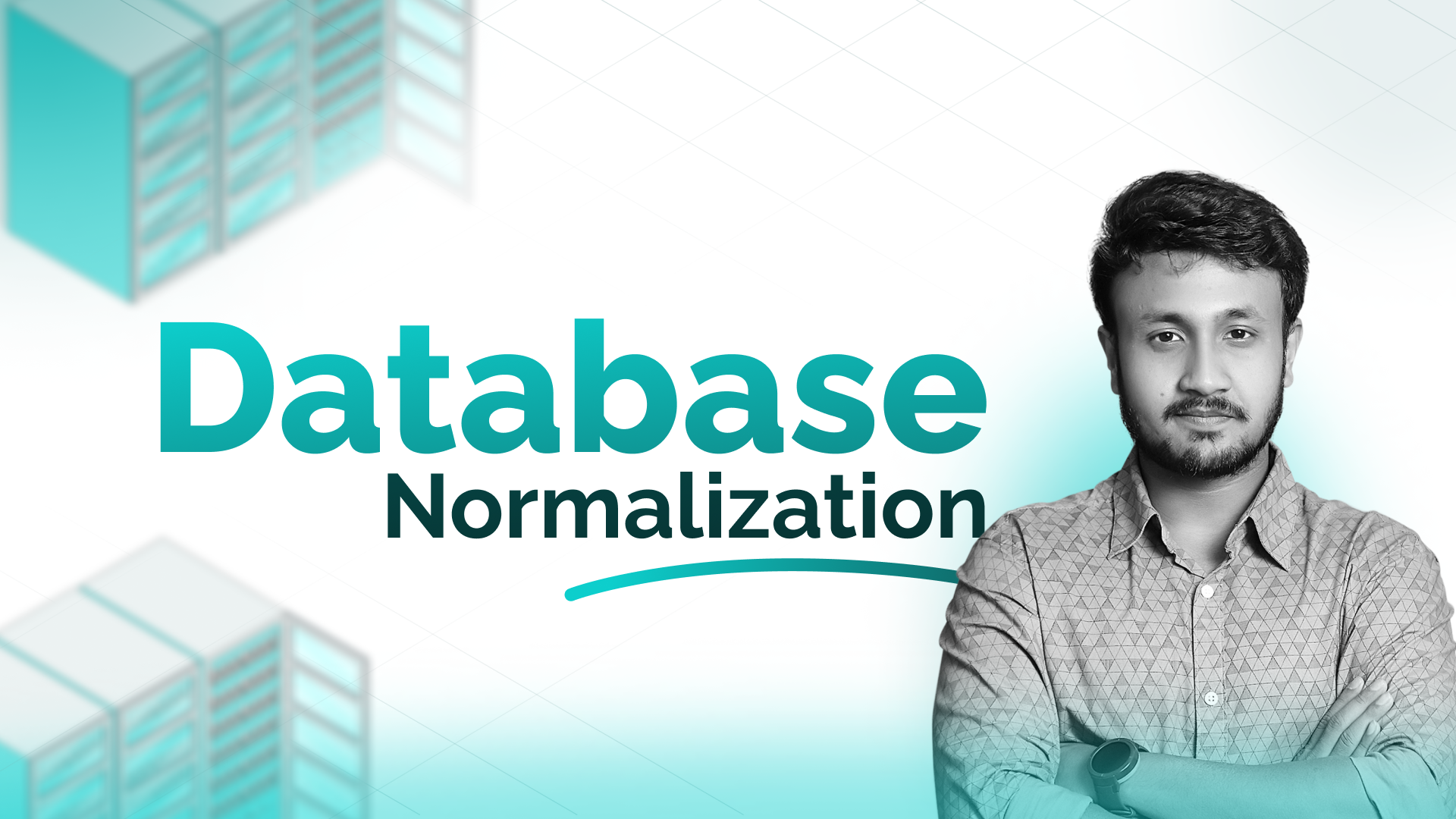
This course is designed to equip the sales team with a thorough understanding of e-Doptor, a government employee management system. It walks through each module in a demo environment, explaining the features and functionalities in detail. By the end of the course, participants will have the confidence to present e-Doptor effectively to potential clients, addressing their queries and showcasing how e-Doptor streamlines government employee management.
- Teacher: Md. Omur Faruque Apu
Gain a comprehensive understanding of e-Doptor and its key features.
Learn how to navigate through different modules in the demo environment.
Understand the purpose and functionality of each component in e-Doptor.
Develop the confidence to present e-Doptor to potential clients.
Learn best practices for demonstrating e-Doptor’s capabilities effectively.
Be able to answer common client queries related to government employee management.
Decent understanding of government employee management processes
